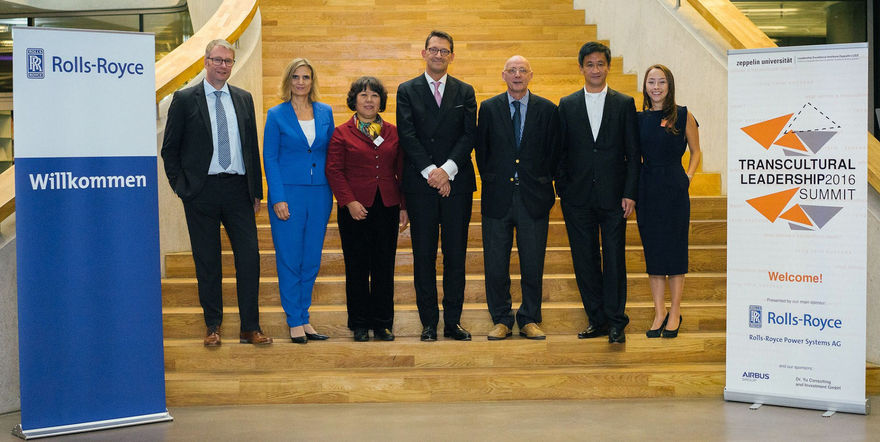In contrast to an understanding of transculturalism that rests on – and indeed celebrates – the idea that globalization causes cultures, nation states, traditions, etc. to blend into each other and to thereby surrender their identities, I shall argue below that transculturality mainly occurs in a transnational sphere superimposed upon, yet largely detached from, those of traditional nation states, their traditions, and their cultures. Pointing out that transculturality increasingly lends itself to being perceived and described, I shall eventually pose the question whether, beyond mere positive description, its emergence can be explained in metaphysical terms. A blogpost by Dr Lennart Brand.









